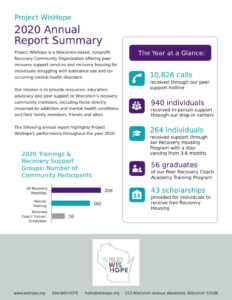Seeking Services for My Loved One
Helping a family member or friend break free from substance misuse is a challenging and delicate process.
We know that trying to understand what type of treatment will work best for your loved one and what is covered under his or her insurance can be a nightmare. On top of this, you may have the added burden of trying to figure out what program is best suited for their specific needs if your loved one is struggling with co-occurring mental health disorders.
As a parent, spouse, child, friend, or ally, it’s most likely that you are experiencing extreme stress and suffering due to your loved one’s addiction. Therefore, it’s important to know both the signs of substance use and how to provide support from the get-go so the situation doesn’t worsen. It’s also helpful to know how to take care of yourself during this difficult time. Below are some helpful tips on these topics.

Symptoms of Drug or Alcohol Misuse:
Appearing intoxicated more
and more often
Developing problems with cognition
and memory
Stealing money or valuables to
pay for drugs
Becoming angry, sad, or lashing out when questioned about their
substance abuse
Developing problems at work or school; possibly losing one’s job or dropping out of school
Being lethargic, sleeping more, sleeping irregular hours, or appearing unwell
or tired
Lying about the substance or how much they are using
Experiencing withdrawal symptoms when they are unable to take the drug
Neglected appearance
and poor hygiene
Attending social events only if drugs or alcohol are available; becoming intoxicated before the social event, or attending fewer social events specifically to drink or use drugs
How to Help a Loved One Struggling with Addiction:
The key to helping a loved one struggling with drug and/or alcohol addiction is to come from a loving approach while knowing the ultimate goal is to help the individual to overcome their addiction and begin to build a healthier, new life. It’s easier to do this by:
- Remembering addiction is not a choice or a moral failing - it is a disease of the brain
- Understanding addiction is ultimately a condition that the individual must learn to manage
- Setting boundaries and standing by them
- Encouraging the individual to seek support
- finding a therapist who specializes in addiction counseling for you or your loved one;
- Setting an example for healthy living by giving up recreational drug and alcohol use
- Being supportive, but allowing your loved one to take on the direct consequences of their addiction
- Setting boundaries and standing by them
- Encouraging the individual to seek support
At Project WisHope, the majority of our staff, volunteers, and board members are all individuals in recovery, so we’ve been there and understand. The burden that addiction places on family members, friends and allies is a heavy one, but you are not alone. We can help you find recovery and maintain it in a variety of ways, whether this is through connecting you with our treatment partners in the community, being admitted to one of our programs, such as our peer recovery coaching, recovery support meetings and more.

